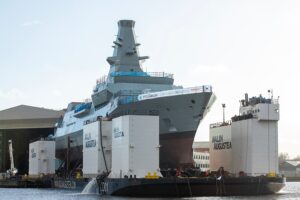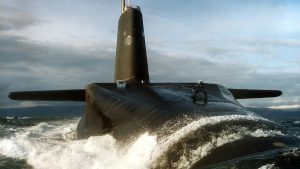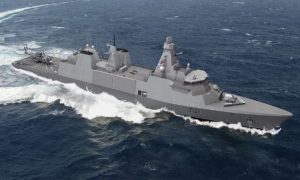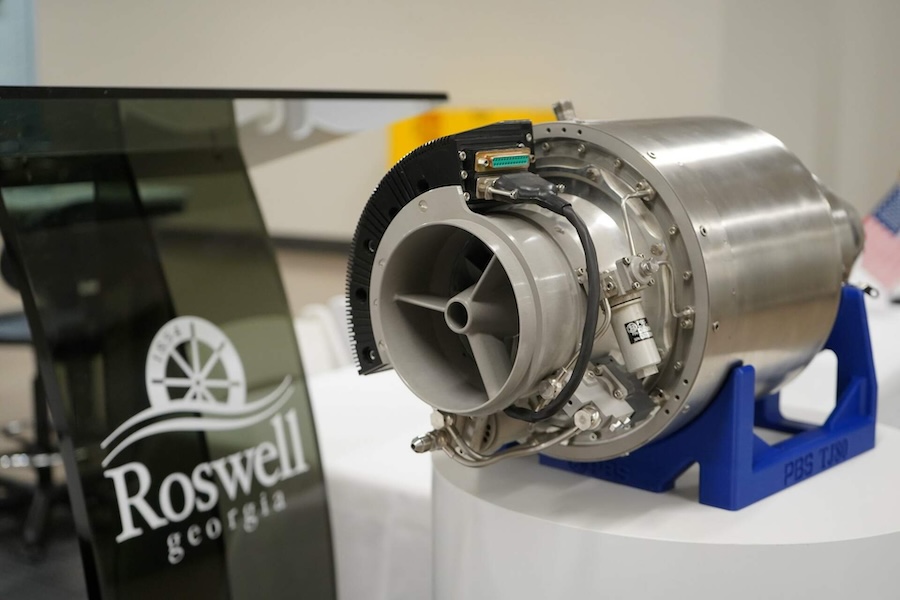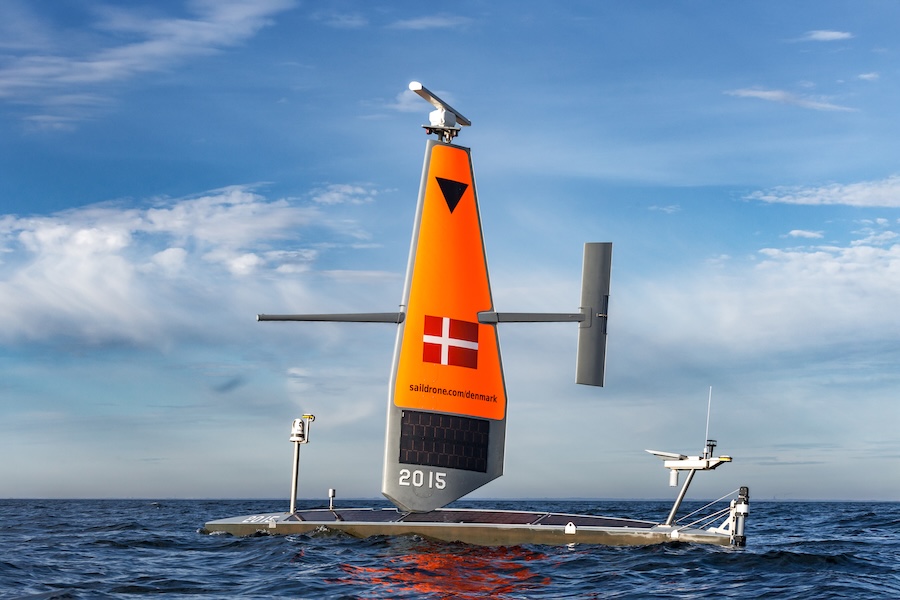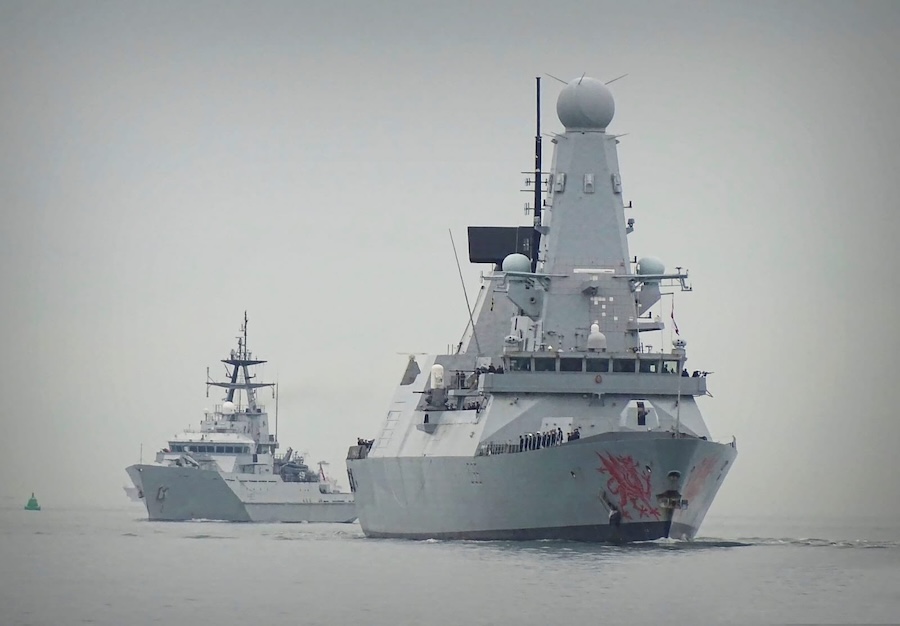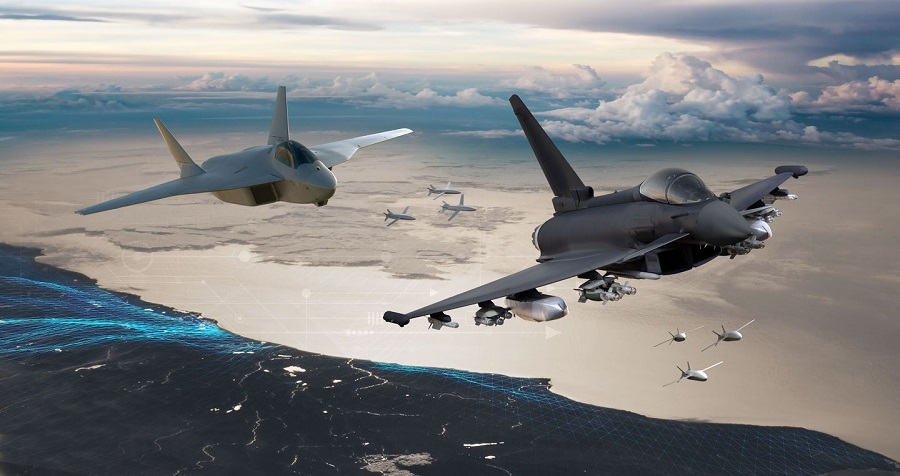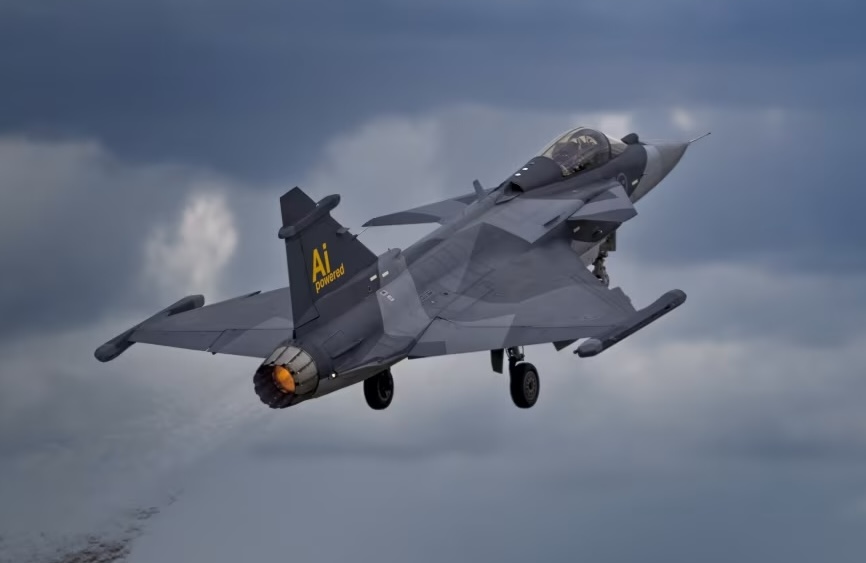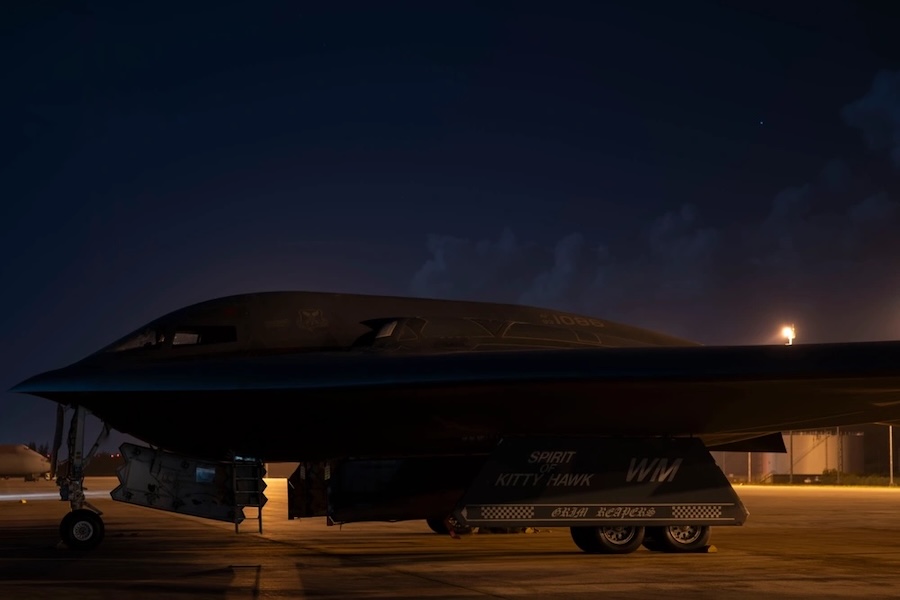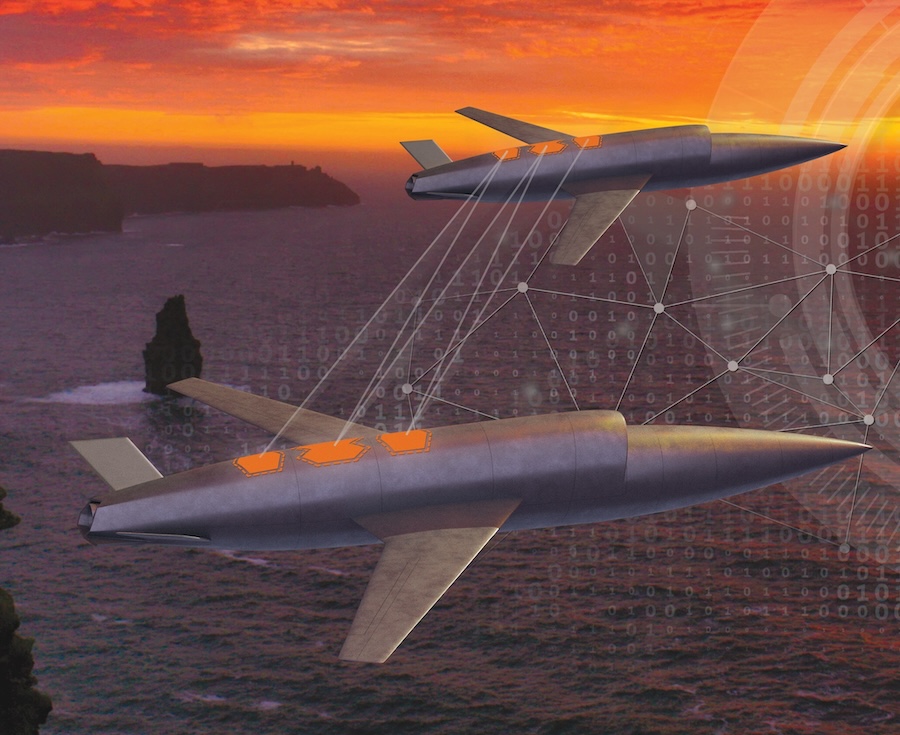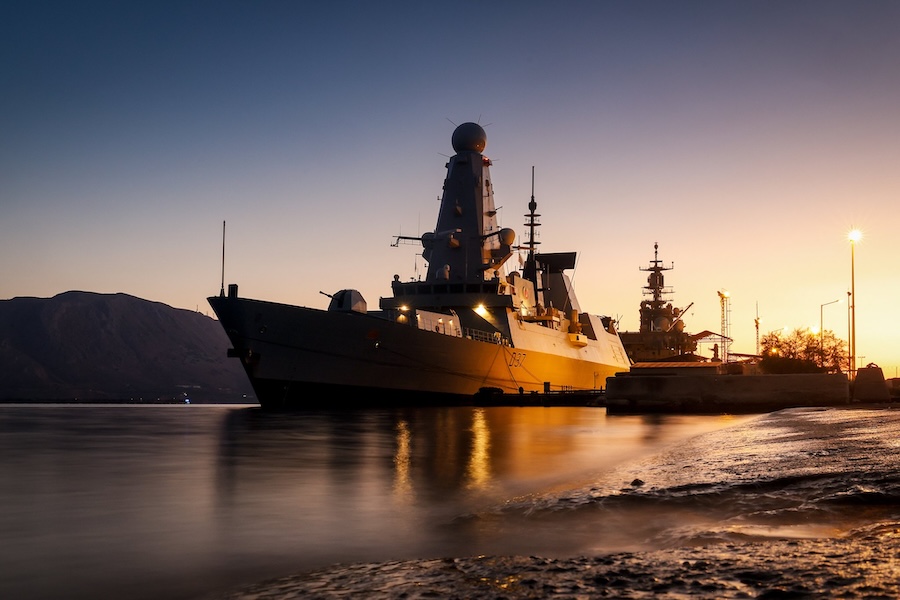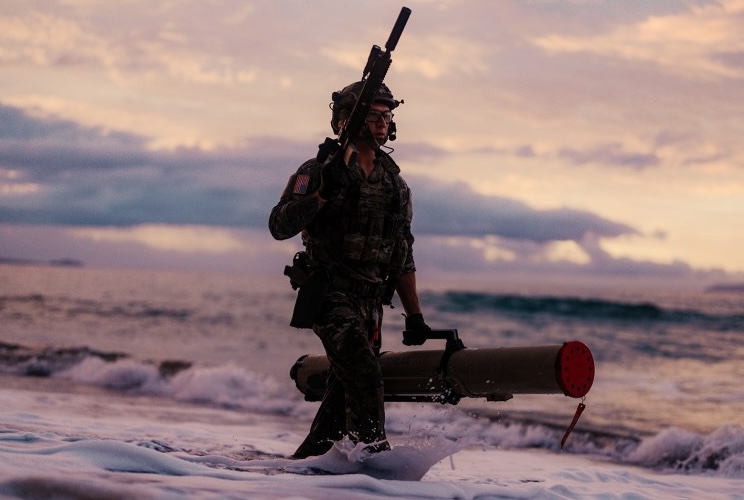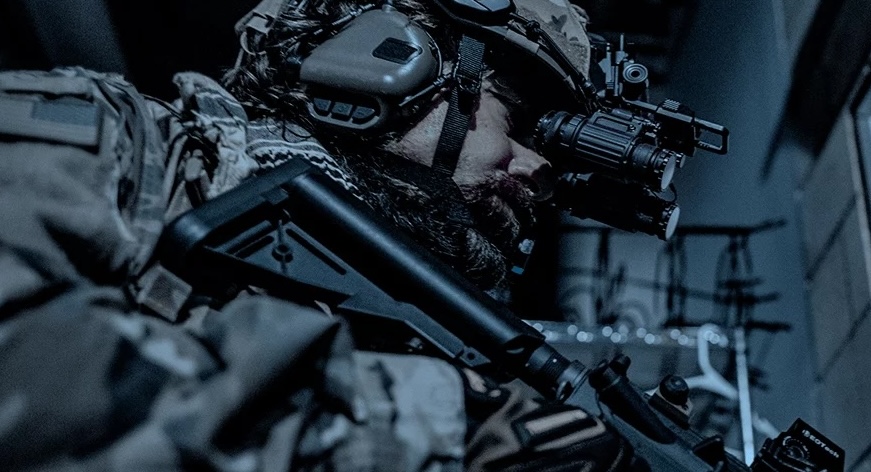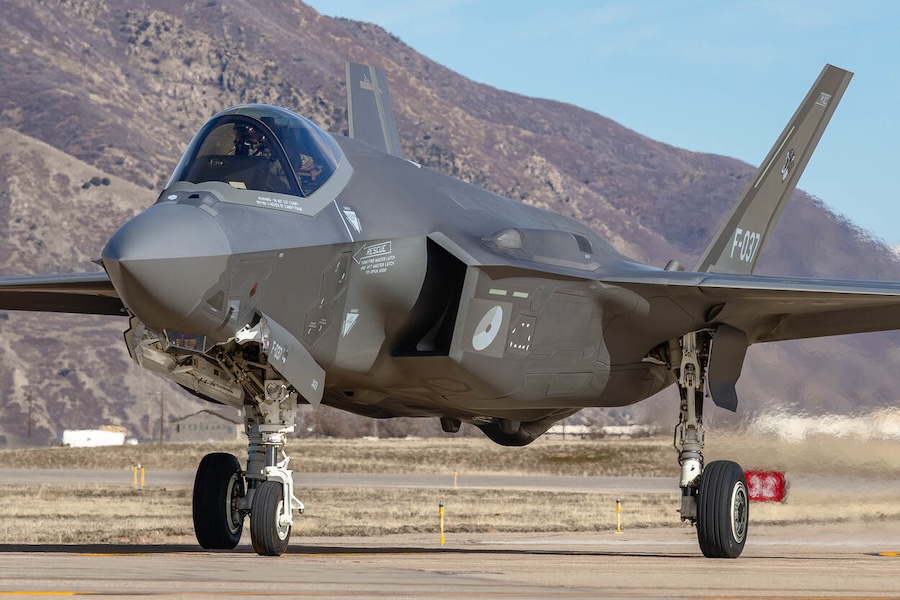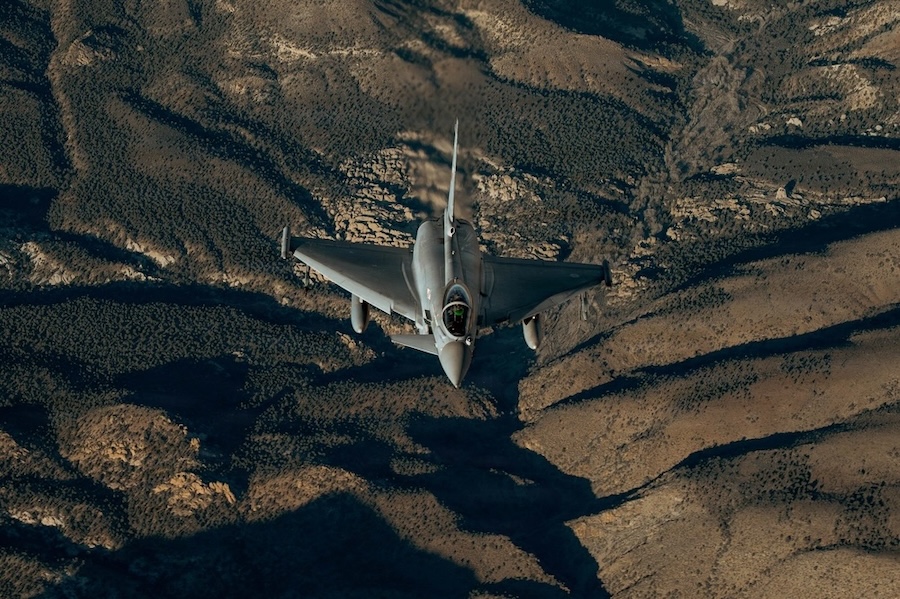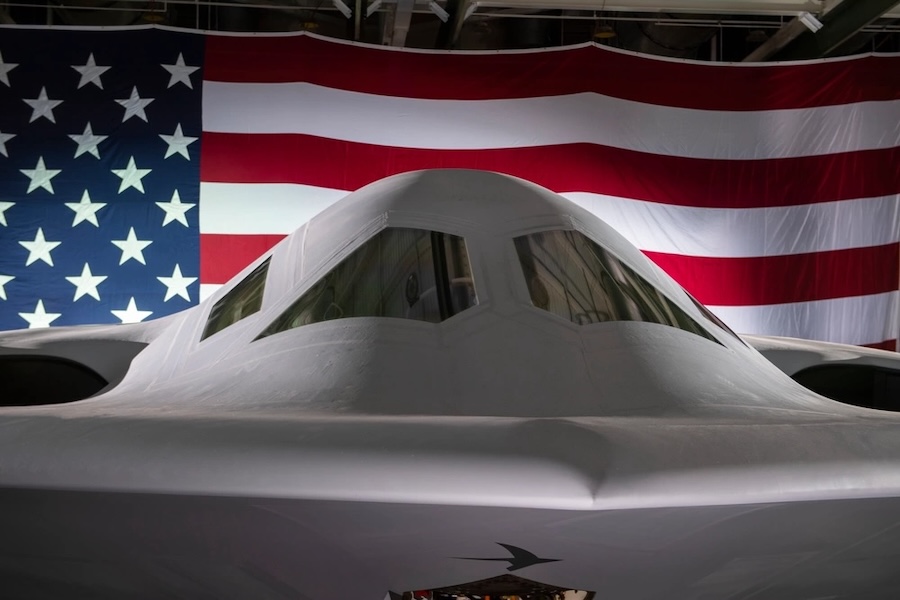Excalibur, displacing 19 tonnes and measuring two metres across, is the result of Project Cetus, a three-year initiative aimed at advancing uncrewed underwater technology. Built by Plymouth-based MSubs, the vessel is the largest uncrewed underwater vehicle trialled by the Royal Navy to date.
The submarine will undergo two years of rigorous sea trials to advance the Royal Navy’s understanding of operating large uncrewed vessels. These trials will focus on integrating uncrewed and crewed platforms, helping to maintain the UK’s edge in underwater security, safeguarding key infrastructure, and supporting intelligence gathering.
Rear Admiral James Parkin, Navy Director Develop, described the unveiling as a significant milestone. He stated, “This is an exciting day for the Royal Navy, the UK Armed Forces, and my team in particular as today marks the moment at which we take ownership of this superb vessel for the first time. In our journey towards autonomy and mass, it is vital we learn by doing, and Excalibur will be our mechanism for understanding the complexity and challenges of operating a future team of crewed and uncrewed vessel and systems underwater.”
Excalibur will not perform operational duties but will act as a demonstrator, shaping future concepts of uncrewed maritime operations. Officially classified as an Extra-Large Uncrewed Underwater Vessel (XLUUV), it will become part of the Fleet Experimentation Squadron under the Disruptive Capabilities and Technologies Office.
Commodore Marcus Rose, deputy director Underwater Battlespace Capability, highlighted the collaborative effort behind Excalibur’s development. He said, “The naming of Excalibur is a significant milestone for the Royal Navy and the upcoming sea trials will allow us to rapidly develop our understanding of operating uncrewed vessels of this size underwater. The lessons learnt from this exciting programme will build on our experience from existing programmes, such as the Mine Hunting Capability programme, to inform more extensive use of these technologies in a mixed force of crewed and uncrewed systems.”
As a testbed for cutting-edge maritime technology, Excalibur will focus on Intelligence, Surveillance, and Reconnaissance (ISR) tasks, leveraging its stealth and custom payload capacity. It joins the Fleet Experimentation Squadron alongside the surface ship XV Patrick Blackett, aiming to enhance the Royal Navy’s future maritime strategies.
Source: Royal Navy.




